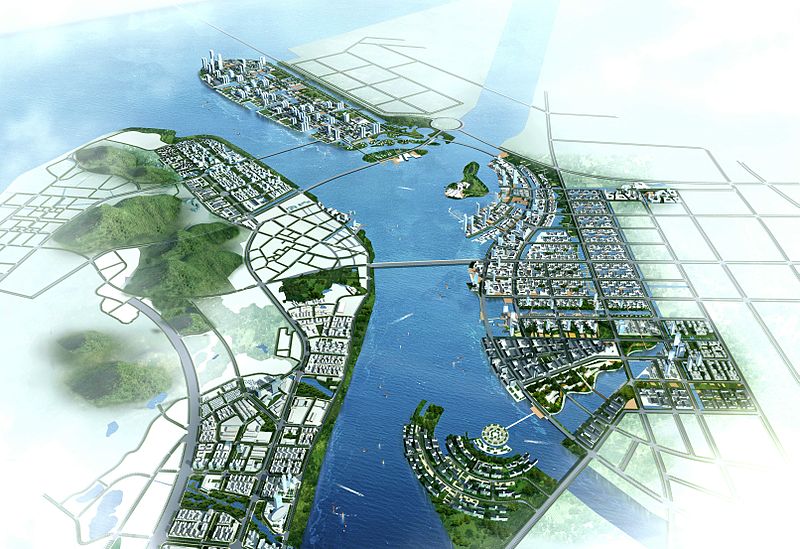Paradoxes of a Smart City – Part 3: Open data vs data management

Open data has become an important concept in the Smart Cities debate. By opening up vaults of municipally-generated information, local governments seek to benefit from the power of open data. Smart Cities’ quest for open data while ensuring that it is used and managed appropriately lies at the heart of our third “Paradoxes of a Smart City” post.
The promise of open data
Every day cities accumulate large volumes of data. Be it data collected by air quality monitoring devices, GPS tracking systems attached to buses, security cameras or online census collection systems, cities sit atop a treasure trove of information. Open data policies are increasingly adopted to make this wealth of information available to the public. The promise of open data is two-fold: Firstly, it is heralded as a lever for more transparency and accountability by allowing the public, civil society organizations and the private sector to, for example, verify budgets and scrutinize public procurement decisions. Secondly, it is viewed as an enabler of innovation by enabling citizens, entrepreneurs and researchers to use the data to generate new knowledge, products and services.
While this sounds great in theory, several pitfalls need to be addressed to make it work in practice: The average citizen is unlikely to pro-actively skim through large municipal databases in their free time. Cities can also not expect them to be able to use advanced software programs to mine through and analyze raw datasets. The fact checking and creation of new ideas are therefore left in the hands of a few data enthusiasts and statisticians or those sensing a commercially-viable opportunity behind the mountain of available data. Unless approached right, open data may not live up to its promises or even further the digital divide between the generation of citizens brought up with the internet vis-à-vis their older counterparts.
Making open data more inclusive
Hackathons and similar initiatives are a first step in the right direction. Particularly where framed around key societal or environmental issues, hackathons provide important platforms for engagement that have the potential of improving how cities function and serve the needs of their citizens. One good example comes from the south of Germany: The theme of Freiburg’s upcoming Hackathon is “Newcomer”. The maps and tools that will be developed during the three-day event will aim at better integrating newly-arrived residents from all walks of life and cultural backgrounds. Another problem-driven and solution-oriented series of hackathons is Montreal’s écoHackMTL. It stimulates collaboration between citizens, entrepreneurs, programmers, sustainability experts, data scientists and local government managers seeking to identify solutions to urban environmental issues.
Data literacy and other open data challenges
Promoting open data needs to go hand in hand with citizen empowerment, particularly with respect to increasing data literacy in order to really harness its potential. At the same time, Smart Cities need to address a plethora of other open data challenges. For example, they need to make a judgement call on which data should be made openly available and which information should better be kept behind closed doors. Appropriately safeguarding the security and privacy of specific types of data needs to be a top priority.
At the end of the day Smart Cities need to have a thought-out strategy and plan if they want to go down the open data route taking into account all of these and other data-related questions. Stay tuned as we explore the paradox between big data and data minimization/avoidance in our next blog post.
—
Photo credit: “Smart City Nansha in Guangzhou” by ISA Internationales Stadtbauatelier is licensed under CC by-SA 3.0 DE





